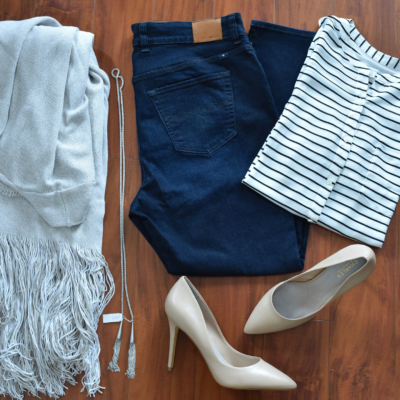Because today is Halloween and lots of us will be tossing out our decorative pumpkins tomorrow morning, I wanted to share a great way to put the seeds to good use!
As we enter into a new season, it’s a great time to take stock of what you’re putting into your body, and how you may be able to optimize your wellness each day. I’ve talked in the past about how nutrient-packed spinach is and how turmeric reduces inflammation, but today I want to talk about the unsung hero of fall — pumpkin seeds!
I’ve always enjoyed unshelled pumpkin seeds in granola and sprinkled on salads, but didn’t realize healthy they actually are, until I did some research. Like sunflower seeds, they have a mild taste and can be an easy addition to your everyday food intake, and they’re easy to stash in your bag, too!
Here are four reasons to keep them on hand, this fall and year round:
An ounce of pumpkin seeds, or about half a cup, has only 150 calories and packs 7 grams of protein and 6 grams of healthy omega-6 fats — plus 23 percent of your iron, 37 percent of your magnesium, 42 percent of your manganese, and 18 percent of your daily vitamin K intake. That’s a lot of punch for one ounce! Magnesium is especially important (and most adults don’t get the recommended amount), because it helps control blood pressure, blood sugar, and keeps your bones strong.
You get almost 2 grams of fiber per one-ounce serving, which is great considering how easy it is to snack your way through half a cup of seeds! In addition to helping digestion, high-fiber diets have been linked with a reduced risk of heart disease and type 2 diabetes.
Pumpkin seeds also contain antioxidants like carotenoids and vitamin E, which can reduce inflammation and fortify your cells against free radicals, which are linked to development of cancer and other diseases.
Because pumpkin seeds are a natural source of tryptophan (you may recognize the name because it’s also in turkey), pumpkin seeds are also thought to promote better sleep — especially because they contain a lot of zinc, which helps convert tryptophan to serotonin.







